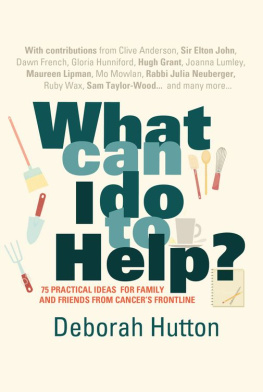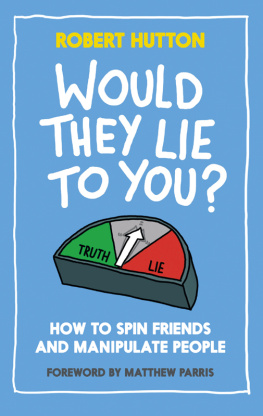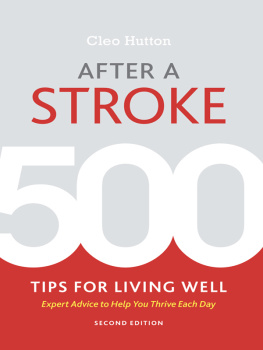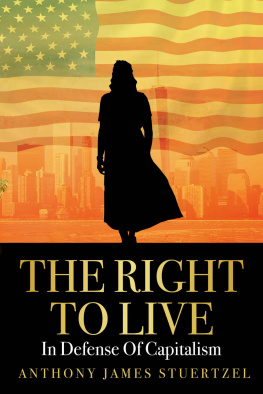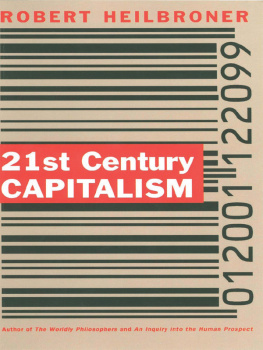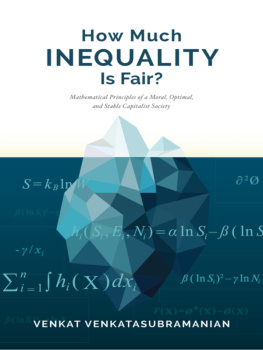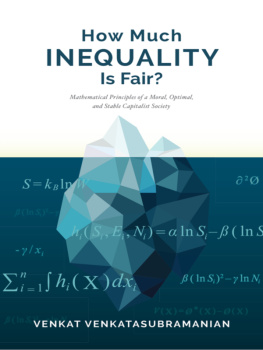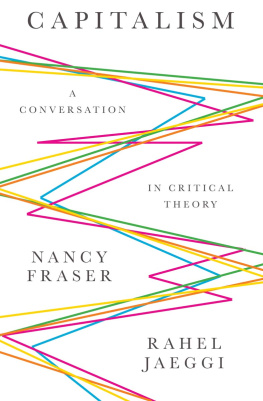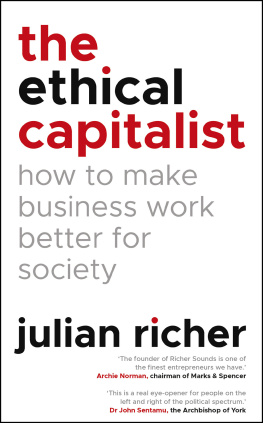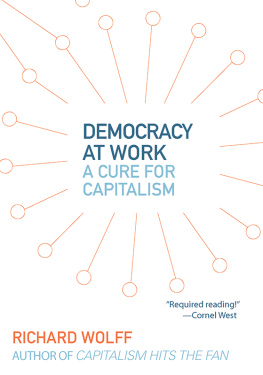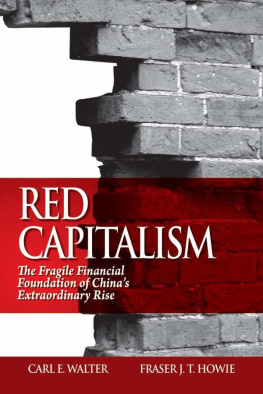Published by Hachette Digital
ISBN: 978-0-748-11502-0
All characters and events in this publication, other than those clearly in the public domain, are fictitious and any resemblance to real persons, living or dead, is purely coincidental.
Copyright 2010 Will Hutton
All rights reserved. No part of this publication may be reproduced, stored in a retrieval system, or transmitted, in any form or by any means, without the prior permission in writing of the publisher.
Hachette Digital
Little, Brown Book Group
100 Victoria Embankment
London, EC4Y 0DY
www.hachette.co.uk
CONTENTS
THE REVOLUTION THAT NEVER WAS
THE STATE WERE IN
THE STATE TO COME
THE WORLD WERE IN
THE WRITING ON THE WALL: CHINA AND
THE WEST IN THE 21ST CENTURY
To Jane and the children Sarah, Alice and Andrew
And to my mother a wonderful and remarkable
eighty-eight-year-old who I love very much
INTRODUCTION AND ACKNOWLEDGEMENTS
The problem with capitalism is that most of its proponents genuinely believe that it is an immutable force of nature. They think that, like the rest of nature, it works by itself and is best left alone. Very few capitalists doubt that they deserve their fortunes. They unapologetically conceive of themselves as winners in a Darwinian survival of the fittest. This is an expression of the best and the worst in human nature the struggle for improvement and self-betterment and the struggle to defeat the other man or woman. There is only a very limited role for the social or the public in all this. Capitalism is about economic hunter-gatherers being allowed to follow their primeval instincts. Any economic and social construction that gets in the way of those instincts will be counter-productive. For any individual capitalist, his or her success is proof positive of how well the system works.
True capitalist success, as I portray it in the pages of this book, is a paradigm away from that conception. I argue that capitalism quickly becomes dysfunctional when it surrenders to primeval hunter-gatherer instincts without fairness. Capitalism is a much more subtle system than most capitalists think. There is a co-dependency between the public and private spheres that creates innovation and business franchises. The public realm is the custodian of fairness, houses the checks and balances that keep capitalism honest and is the architect of the institutions that allow whole societies to take risks and drive forward their economies. There is a genius in capitalism, but the paradox is that it flowers best in an environment that capitalists themselves think is hostile. Paradoxically, fairness is capitalisms indispensable value.
Readers will recognise that this hypothesis builds on the work in my earlier books, notably The State Were In, The World Were In and The Writing on the Wall. Studying the Chinese economy for the third book persuaded me that Chinas lack of a soft institutional infrastructure from trustworthy statistics to the rule of law was fundamentally undermining its long-run economic performance. In The World Were In I argued that the social investment made by Europeans paid for itself because of the high economic and social paybacks. And in The State Were In I was passionately concerned that the short-term proclivities of British finance were undermining British enterprise, and suggested that the precondition for economic and social reform to deliver stakeholder capitalism was a reformed pluralist state. Since then we have lived through the credit crunch, which raised fundamental questions about the operation of modern capitalism. Suddenly those preoccupations seem amply justified, as does the view of Keynes that I developed in my first book, The Revolution That Never Was. Them and Us is my attempt to fuse these ideas and develop a more fundamental critique of contemporary capitalism than any I have offered up to now.
It is published at a potentially more important juncture in British politics than the run-up to the election of the New Labour government in 1997 when The State Were In first appeared. In the event, New Labour had no appetite for the ideas I advanced in that book, nor for the modernisation of social democracy. It was a government that placed reassurance to business and populist opinion before wider ambition. It was, in a deep sense, a defensive administration. The guts had been torn out of the Labour Party by its fourth successive election defeat in 1992. It bought into the doctrine that there was no alternative to the existing system, so all it could do was tinker at the margins, do its best to mitigate inequality and invest in public services. It could not challenge the political economy of todays capitalism because it had to remain business friendly at all costs.
Thus the last thirteen years, culminating in winning just 29 per cent of the vote in the 2010 general election, after a credit crunch whose severity was amplified by Labours own policies towards banking and the City. The resulting recession has cost the country as much as 10 per cent of its output for ever, and the cumulative loss over the years ahead is likely to exceed 1 trillion. It has fallen to the Conservative and Liberal Democrats in coalition to attempt some, if not all, of the initiatives that might change British capitalism notably banking and political reform. I hope they go further, but I recognise the force of what the coalition plans despite growing wariness about its zeal for tearing up so much of what went before whatever its merits. The greatest danger to the new government is its repudiation of Keynesian economics in circumstances that demand more Keynesianism than at any time since the 1930s. There has to be a willingness to spend, borrow, reshape finance and protect investment at all costs. Instead, it is committed to the severest programme of deficit reduction made by any British government for more than fifty years, leaving it little room for vital flexibility in the management of demand or public investment. It remains an open question whether the coalition will have the chutzpah to challenge them the financial, media and bureaucratic elites in the name of us in order to reframe the British economy and society. But it is at least showing the primacy of politics and people. It has energy. It may signal a turning point on which later administrations will build.
This has been a full twelve months of writing, following nine months of research. It was my agent Ed Victor who once again persuaded me to embark on the madcap enterprise of writing a , which led to important redrafting. The comments on the first draft of the book from my editor at Little, Brown, Richard Beswick, were subtle and illuminating; and thanks to Tim Whiting, who weighed in at the end. The monthly meetings of Richard Layards Financial Markets group were an ongoing stimulus that allowed me to dryrun some ideas and drop others; and Adair Turner has been a consistent and friendly stimulus. And, of course, my colleagues at the Work Foundation in particular Ian Brinkley, Alex Jones, Steve Bevan and Paula McLoughlin supplied important ideas and research.
But the person above all who had most impact on this book was Philippe Schneider continuing from where he left off on The Writing on the Wall. He researched every chapter. He commented on every draft, singling out rogue passages that required attention. He consecrated nearly two years of his life to the cause of a book that he and I hope might make a difference. He led me through the wilds of behavioural psychology, general purpose technologies and financial network theory. He worked indefatigably, sometimes late into the night, to find the key paper or text that would support the emerging narrative. And when I flagged he would be steadfastly there, patiently encouraging me to come up with another draft never criticising as I missed deadline after deadline. A huge thank-you to a man who has become a great friend, a comrade in arms and an incredibly subtle sounding board for ideas.



